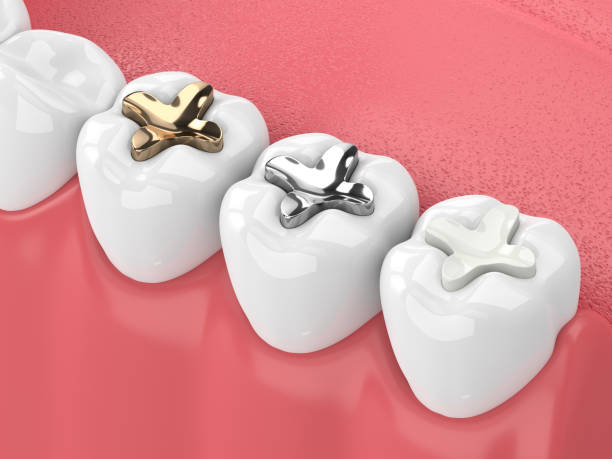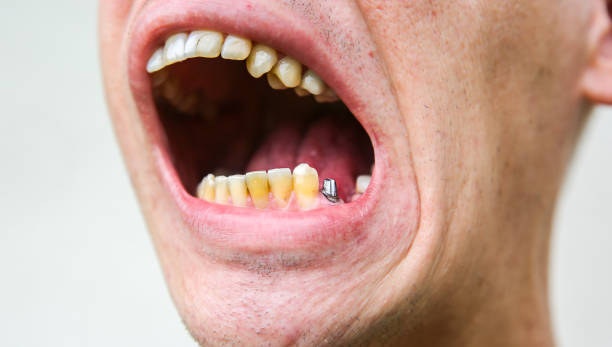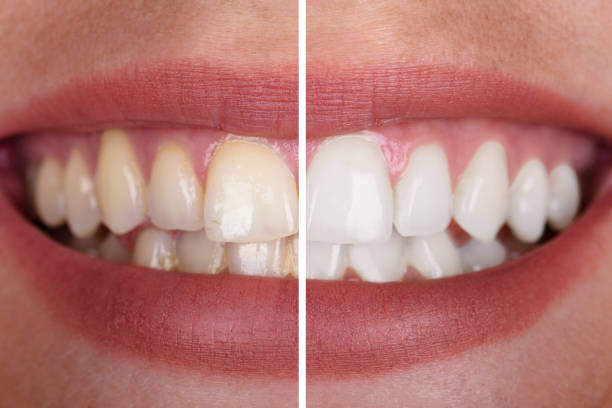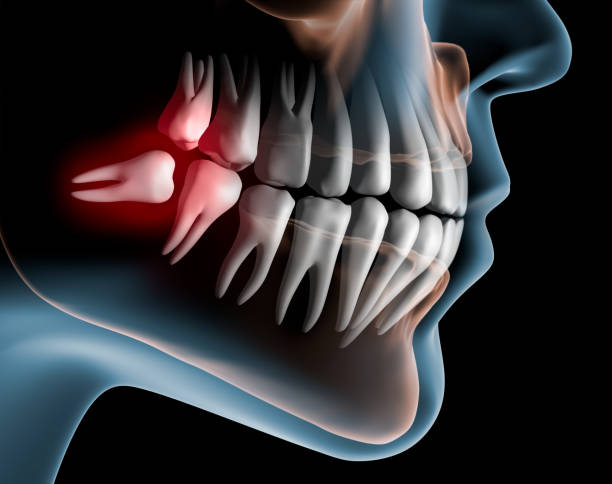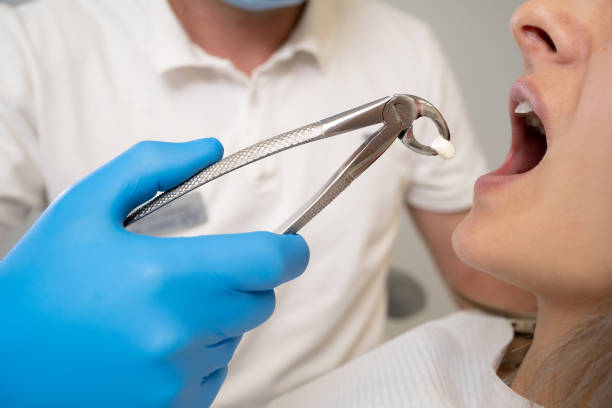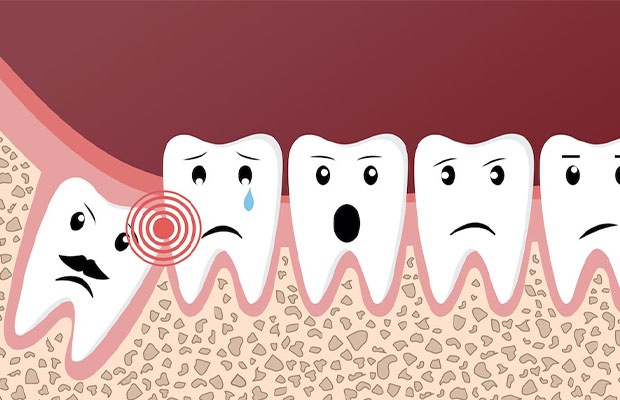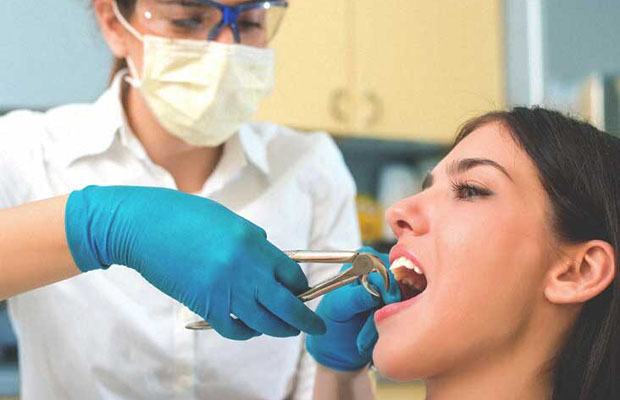Third molars, or wisdom teeth, are a little mysterious. Why do we have wisdom teeth?
Third molars (wisdom teeth), which fit easily into our ancestors’ larger jaws, were absolutely necessary when a typical diet consisted of chewy plants and raw meat. The need for strong chewing to prevent excessive wear led to the evolution of wisdom teeth.
Keep reading and you will learn more about wisdom teeth removal and recovery.
Table of Contents
Why Do We Have Wisdom Teeth?
Raw meat, nuts, roots, berries, and leaves were the main foods that our earliest ancestors consumed to stay alive. They didn’t have the luxury of using knives to cut and prepare food, and cooking their meat wasn’t even an option. It took a larger jaw and powerful molars to chew these hard, fibrous, and rough foods.
For our ancestors to be able to eat the tough, raw foods necessary for survival, they needed three sets of molars, including wisdom teeth.
Our ancestors’ larger jaws were able to accommodate the wisdom teeth with ease. This made it possible for them to normally erupt into the mouth.
One method used by anthropologists to estimate the age of skeletons is the frequency of wisdom teeth. For example, the “Turkana Boy” skeleton at the Smithsonian National Museum of Natural History dates to 1.6 million years ago.1
His third molars had not yet come in when he passed away, which led researchers to believe he was eight or nine years old.
When Do The Wisdom Teeth Appear?
All of a person’s teeth, located higher up in the structure of the skull, are present at birth. 20 baby teeth emerge and are eventually lost first. After that, 32 permanent teeth erupt. Typically, the first set of molars appears around age 6, the second set around age 12, and the last set, or wisdom teeth, before age 21.
Anthropologists contend that modern diets make it unnecessary for humans to have wisdom teeth, which means that some people may never develop them. Like the appendix, wisdom teeth are likely to become extinct and no longer necessary. Eventually, they may disappear altogether
The majority of adults today do, however, get their wisdom teeth. One study found that at least 53 percent of people aged 25 and older had had at least one wisdom tooth come in. They were more common in men than in women.
Your wisdom teeth may not all be visible, but that doesn’t mean they aren’t. It’s possible that wisdom teeth will never erupt or show. You can find out if you have wisdom teeth if you get an X-ray.
Why We Don’t Need Wisdom Teeth?
Take a look at our diets today, having traveled through time. Consider how we prepare the food we eat instead, which is more significant. Many experts today believe that eating softer foods, especially as children, plays a role in impacted wisdom teeth.2
Almost everything we eat is chopped, diced, boiled, steamed, or baked. Eating has become a fairly simple task as a result of all that food preparation.
Tough foods seem to stimulate jaw growth in childhood, making it more likely that third teeth will fit. Experts believe that over time, our jawline has become less broad and smaller as a result of how food is prepared and consumed. Wisdom teeth typically need to be extracted because they are no longer necessary and our jaws are no longer able to accommodate them.
Problems With Wisdom Tooth
For a few reasons, wisdom teeth are more prone to infection than the majority of other teeth. They can be challenging to floss properly next to because of where they are in the back of the mouth, which encourages bacterial growth.
Wisdom teeth can also stay partially impacted because they erupt into a mouth already full of teeth, adding to the number of difficult-to-reach crevices. Pericoronitis, an infection, can develop occasionally when soft tissue covers a partially impacted wisdom tooth.
The following are possible signs of a wisdom tooth infection:
- Pain or sensitivity
- Tender or swollen gums
- Red or bleeding gums
- White fluid or oozing around teeth
- Bad breath
- Bad taste in your mouth
- Jaw pain
- Jaw swelling
- Stiff jaw
- Difficulty breathing, opening your mouth, or speaking
Make an appointment with your dentist if you have pain in the area of your back molars.

Why Do We Remove Wisdom Teeth?
Even when there are no infections, wisdom teeth are frequently removed. Your dentist might advise having them removed once they start to emerge because they could crowd your mouth as they erupt, potentially harming or shifting other teeth and causing pain in the future.
To prevent these teeth from erupting later and undoing all the hard work of sculpting your jaw and teeth, dentists will occasionally advise wisdom tooth removal prior to any orthodontic work, such as braces.
Teenagers should be assessed for wisdom teeth extraction surgery. Before the roots and bone have fully developed, people who have their wisdom teeth removed at a younger age typically recover more quickly from surgery. By doing so, potential issues may be stopped before they even arise.
Make sure to ask a lot of questions when deciding whether or not to have these teeth removed because there are always risks involved with surgery. Your dentist needs to keep a close eye on your wisdom teeth if you choose not to have them removed. Over time, wisdom teeth frequently cause more issues.
The removal of your wisdom teeth can be done by either an oral and maxillofacial surgeon or a qualified dentist. You’ll receive detailed instructions on how to get ready for surgery and what to do afterward.
Related Reading: What to Eat After Wisdom Teeth Removal?
Recovery Of Wisdom Tooth Removal
It’s crucial to follow your dentist’s recommendations for keeping your wounds clean after surgery because your mouth is more susceptible to infection. This probably entails using salt water rinses, abstaining from smoking, and avoiding eating foods with small pieces, such as seeds, that could get stuck in your healing gums.
Although most pain from wisdom tooth removal surgery subsides within a few days, some cases can cause discomfort that lasts up to a week. Inquire with your dentist about the safest painkillers to take.
Although recovering from wisdom tooth removal can be painful, for many people, it’s a great way to avoid needing additional dental procedures in the future.
Take Away
The vast majority of people have wisdom teeth, despite the fact that they frequently cause us problems and serve no apparent purpose in life.
There are some patients who develop wisdom teeth that perform equally as well as every other tooth in the mouth, preventing them from needing surgery.
The association strongly advises patients to remove wisdom teeth when they are young adults in order to “prevent future problems and to ensure optimal healing” if they do have any wisdom teeth.
Other Posts You Might Like: Do You Have to Get Your Wisdom Teeth Removed?




